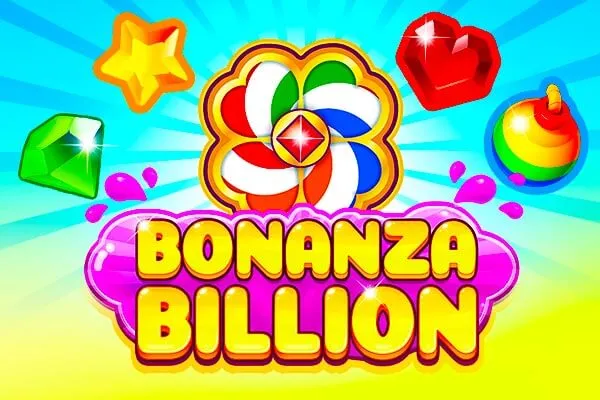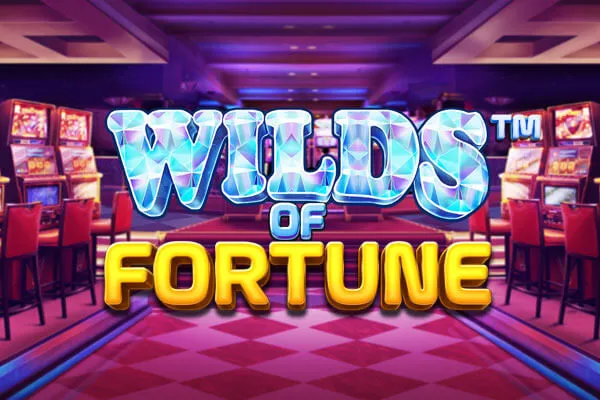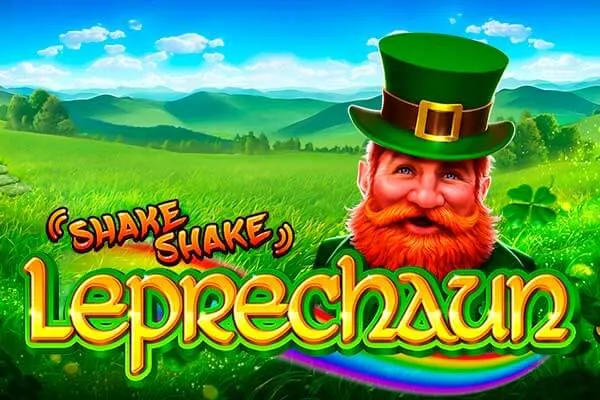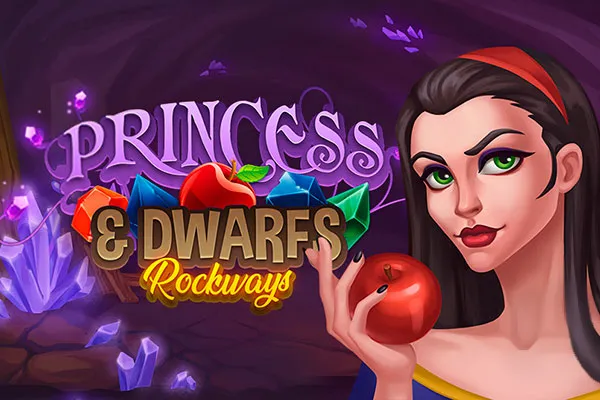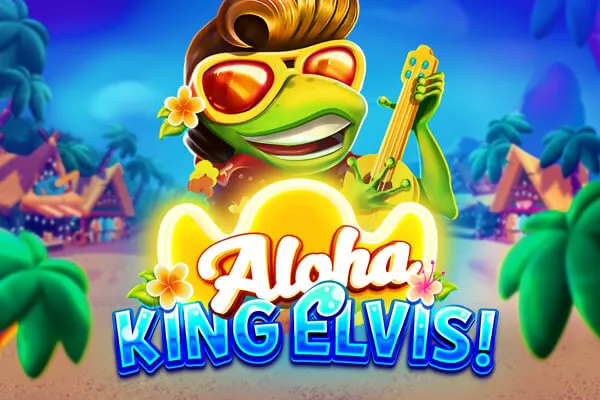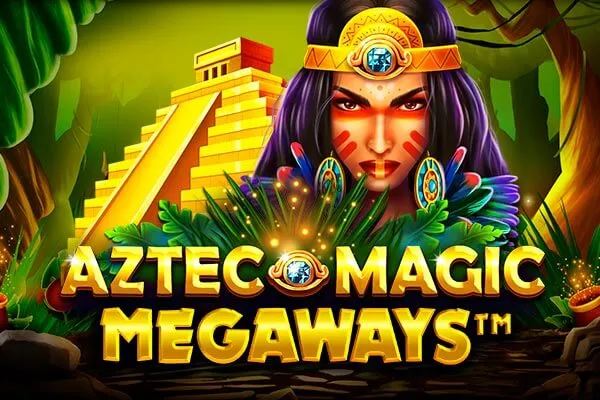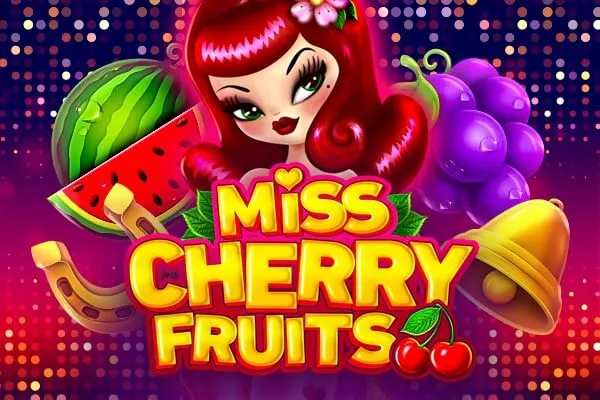Doodle Champion Island Games: A Deep Dive into Google's Interactive Olympics
The Doodle Champion Island Games was a browser-based interactive game released by Google in July 2021 to celebrate the Tokyo 2020 Summer Olympics (held in 2021 due to the pandemic) and Japanese culture. More than just a simple Google Doodle, it was a fully-fledged, RPG-inspired experience that captivated millions globally, including a huge audience in India. This article provides a comprehensive look at the Doodle Champion Island Games, exploring its gameplay, characters, cultural significance, and lasting impact, specifically focusing on its reception and relevance in India.
What Were the Doodle Champion Island Games? Understanding the Hype
When users in India and around the world searched on Google during the Olympics, they were greeted with a vibrant, animated Doodle. Clicking on it transported them to Champion Island, a virtual world brimming with Japanese folklore, mythology, and a series of Olympic-themed mini-games. This wasn't just a passive experience; it was an interactive adventure where players controlled Lucky the Ninja Cat, competing in various sports and completing side quests.
The game's popularity stemmed from several factors:
- Nostalgia: The 16-bit graphics and RPG elements evoked a sense of nostalgia for classic video games.
- Accessibility: Being browser-based, it was easily accessible to anyone with an internet connection, making it a hit in a country like India with a diverse range of devices.
- Engaging Gameplay: The mini-games were challenging yet rewarding, and the open-world exploration kept players hooked.
- Cultural Immersion: The game beautifully integrated Japanese mythology and folklore, providing an educational and entertaining experience.
- Olympic Spirit: It captured the excitement and spirit of the Olympic Games in a fun and interactive way.
Exploring Champion Island: A World of Myth and Sport
Champion Island was a meticulously crafted world, drawing heavily on Japanese folklore and mythology. Players, as Lucky the Ninja Cat, could explore the island, interact with various characters, and participate in seven different sports, each represented by a Champion:
- Table Tennis: Featuring Tengu, the long-nosed mountain goblin, this game tested players' reflexes and precision.
- Skateboarding: Facing off against Tanuki, the mischievous raccoon dog, players had to perform tricks and navigate challenging courses.
- Archery: Guided by Yoichi, a legendary archer, players aimed for accuracy and precision in this traditional Japanese sport.
- Rugby: Competing against the Oni, fearsome demons, players had to strategize and work as a team to score tries.
- Artistic Swimming: Synchronized swimming against the Princess Otohim, requiring timing and coordination.
- Climbing: Scaling treacherous cliffs with guidance from Iwate, a stone spirit, testing endurance and strategy.
- Marathon: A grueling race against Kijimuna, a tree spirit, demanding stamina and strategic pacing.
Beyond the main sports, Champion Island was filled with side quests and hidden secrets, encouraging exploration and rewarding players with badges and achievements. The island itself was divided into different regions, each with its unique aesthetic and challenges, reflecting the diverse landscapes of Japan.
Lucky the Ninja Cat: The Star of the Show
Lucky, the protagonist of the Doodle Champion Island Games, is a calico ninja cat. Players control Lucky as she explores the island, interacts with other characters, and competes in the various sports. Lucky's design is charming and appealing, contributing to the game's overall accessibility and enjoyment. Her ninja skills are subtly incorporated into the gameplay, allowing for quick movement and exploration.
The Cultural Significance: A Celebration of Japan
The Doodle Champion Island Games was more than just a fun game; it was a celebration of Japanese culture. The game incorporated various elements of Japanese mythology, folklore, and art, including:
- Yokai: The game featured numerous Yokai, supernatural creatures from Japanese folklore, such as Tengu, Tanuki, and Oni.
- Shinto Shrines: Players could visit virtual Shinto shrines, places of worship in the Shinto religion.
- Japanese Architecture: The island's buildings and landscapes were inspired by traditional Japanese architecture.
- Japanese Music: The game's soundtrack featured traditional Japanese instruments and melodies.
By incorporating these elements, Google provided players with a glimpse into Japanese culture, promoting understanding and appreciation. This cultural immersion resonated particularly well in India, a country with a rich and diverse cultural heritage of its own, fostering a sense of connection and appreciation for different traditions.
The Impact in India: A Nation Embraces the Games
The Doodle Champion Island Games were a massive hit in India. Several factors contributed to its popularity:
- Accessibility: The game's browser-based nature made it accessible to a large segment of the Indian population, regardless of their device or internet speed.
- Cultural Connection: The game's celebration of Japanese culture resonated with Indian audiences, who are familiar with the concept of mythology and folklore.
- Olympic Fever: The game was released during the Tokyo Olympics, a time when interest in sports was at its peak in India.
- Social Media Buzz: The game generated a lot of buzz on social media, with Indian players sharing their experiences and achievements.
The game became a popular topic of conversation among friends, families, and online communities in India. Many Indian players shared their scores, strategies, and favorite moments on social media platforms like Facebook, Twitter, and Instagram. The game also inspired fan art, memes, and other creative content.
The success of the Doodle Champion Island Games in India highlights the potential of interactive Doodles to engage and educate audiences. It also demonstrates the importance of cultural sensitivity and localization in creating successful global experiences.
SEO Optimization and Keywords
To ensure this article ranks high in search results, the following keywords and phrases have been naturally integrated:
- Doodle Champion Island Games
- Google Doodle Games
- Tokyo Olympics 2020
- Interactive Google Doodle
- Japanese Mythology
- Lucky the Ninja Cat
- Champion Island
- Google Doodle India
- Online Games India
- Browser Games India
- Olympic Games
- RPG Games
- Free Online Games
Conclusion: A Lasting Legacy
The Doodle Champion Island Games was more than just a temporary Google Doodle; it was a captivating and immersive experience that resonated with millions around the world, including a significant audience in India. Its engaging gameplay, beautiful graphics, and celebration of Japanese culture made it a memorable and impactful event. The game demonstrated the power of interactive Doodles to educate, entertain, and connect people across cultures. Its legacy continues to inspire and influence the development of future interactive experiences. The game's success in India underscores the importance of accessibility, cultural relevance, and social engagement in creating successful global online games. The Doodle Champion Island Games serves as a testament to the power of creativity and innovation in bringing people together through the shared experience of play.
Related Pages
- JET 2025: Ultimate Guide to Crack the Exam for Indian Aspirants!
- Quickly Convert 5.4 Feet to CM: Essential Guide for Indian Users!
- Live IREDA Share Price Today: Latest Updates for Indian Investors!
- What is the Full Form of MTS in India? Discover the Exact Meaning Now!
- 8th Pay Commission Salary Hike: Massive Boost for Indian Government Employees!


